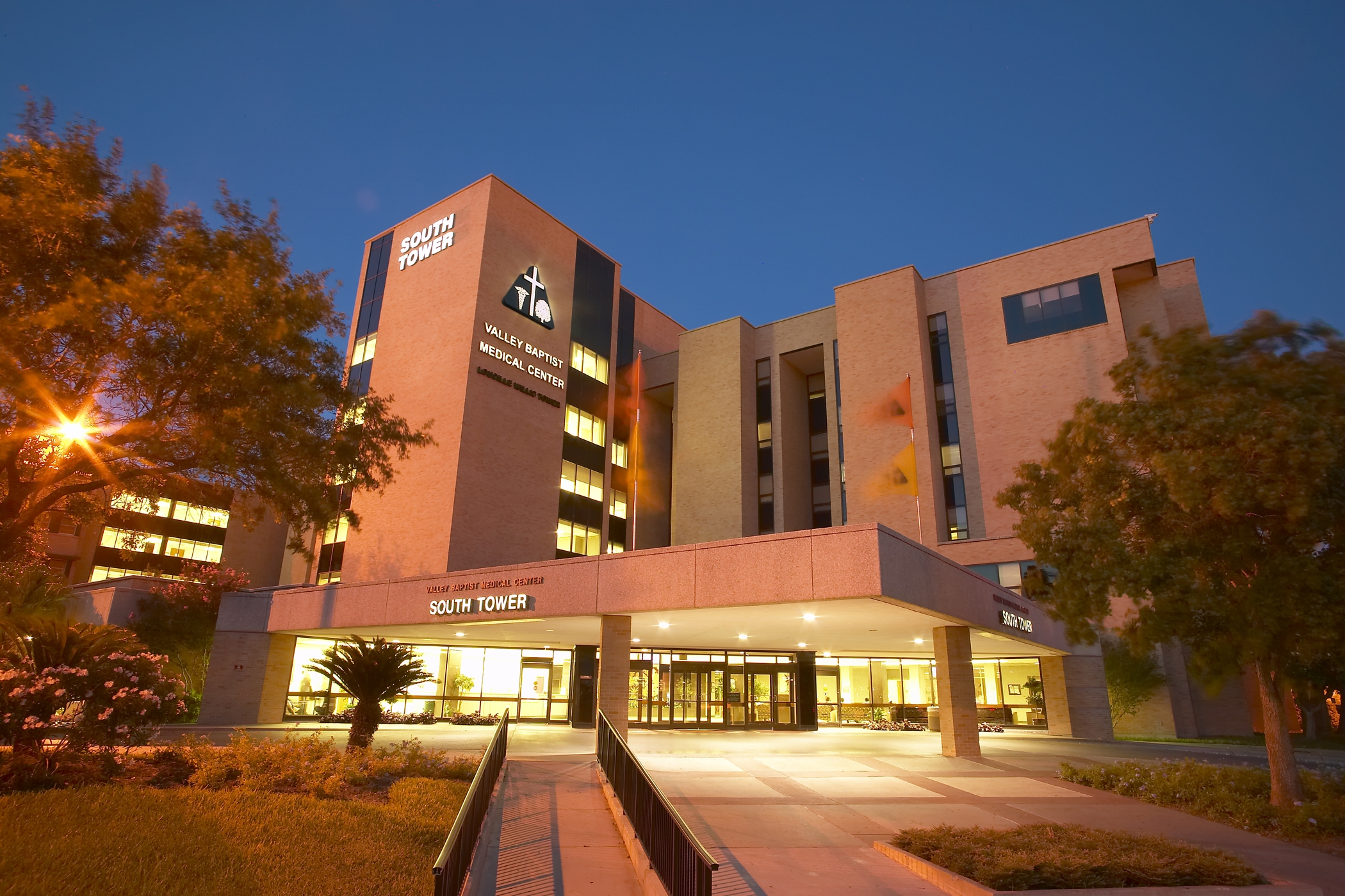- La Feria Community Holds Succesful Business Mixer Event
- Little Nashville to Take Place in Downtown Mercedes
- Lions Basketball Captures District Gold
- La Feria ISD Students Compete in Regional Chess Tournament
- Lions End First Half of 32-4A on a High Note
- La Feria ISD Held Another Successful Parent Conference
- Strong Appearance for Lions at Hidalgo Power Meet
- LFECHS Students Get to Meet Local Actress
- Students Participate in Marine Biology Camp
- Two LFECHS Students Qualify for All-State Band
VBMC-Harlingen Receives Certification as Comprehensive Stroke Center
- Updated: August 19, 2016

Valley Baptist Medical Center-Harlingen has been saving lives and serving Valley residents with around-the-clock hospital care every day of the year for nine decades.
First and Only South of San Antonio
HARLINGEN – Valley Baptist Medical Center-Harlingen is the area’s first and only Certified Comprehensive Stroke Center (CSC), not only in the Rio Grande Valley, but also south of San Antonio.
“This is a major milestone for Valley Baptist, but also for our Valley Community,” stated Manny Vela, Chief Executive Officer of Valley Baptist Health System. “With stroke treatment, every minute counts, and residents deserve to have access to the life- saving services of a nearby Comprehensive Stroke Center.”
The hospital was surveyed in June by DNV Healthcare, part of Det Norske Veritas, and received the final results on July 28. DNV accredits acute care and critical access hospitals, and provides Comprehensive as well as Primary Stroke Center Certification.
For Comprehensive Stroke Center Certification, a hospital must be able to meet the standards to be able to treat the most complex stroke cases, including:
• Availability of advanced imaging techniques
• Availability of vascular neurology, neurosurgery, and endovascular neurology personnel
• 24/7 availability of personnel for imaging, surgery and endovascular facilities
• Neuroscience Intensive Care Unit
• Experience in treatment of large ischemic strokes, intracerebral and subarachnoid hemorrhage
According to the DNV, “Comprehensive Stroke Centers are typically the largest and bestequipped hospitals in a given geographical area that can treat any kind of stroke or stroke complication.”
One of the major differences between a Primary Stroke Center and a Comprehensive Stroke Center is the availability of 24/7 neurointerventional services, but there are other significant differences between the two. A Comprehensive Stroke Center must participate in research studies, meet minimum patient volumes, focus on the overall care continuum, and meet other requirements.
“When someone has symptoms of a stroke, it is important call 911 and get to the closest Primary Stroke Center as soon as possible. At that point, the medical team can determine the most appropriate treatment plan. If the patient needs a higher level of stroke care, they can be transferred to Valley Baptist,” stated Dr. Ameer Hassan, Endovascular Neurologist and head of the Neuroscience Program at Valley Baptist Medical Center in Harlingen.
“For example, if it has been more than four hours since stroke symptoms began, and ‘clot-busting’ drugs can no longer be administered, we offer further endovascular intervention 24/7. This treatment, where we enter the brain and remove the clot, can help save patients from the lifelong damages of a stroke,” he added.
“This important designation is the result of the entire Valley Baptist stroke team working together towards the common cause of comprehensive stroke care. Neurologists, Neurosurgeons, ER and other physicians work in tandem with the ER, Neuro ICU, Stroke Unit, Imaging, Research, Rehabilitation, Administrative and other staff to provide the highest level of stroke care in the Valley” stated Dr. Wondwossen Tekle, Director of Stroke Program and Neurocritical Care at the hospital.
“This certification is the result of years of dedication to stroke care at Valley Baptist, initiated by Dr. Victoria Parada more than a decade ago, and continued by Dr. Parada, along with Dr. Ameer Hassan, Dr. Wondwossen Tekle and the stroke team to achieve this important recognition as a Comprehensive Stroke Center,” added Manny Vela.


